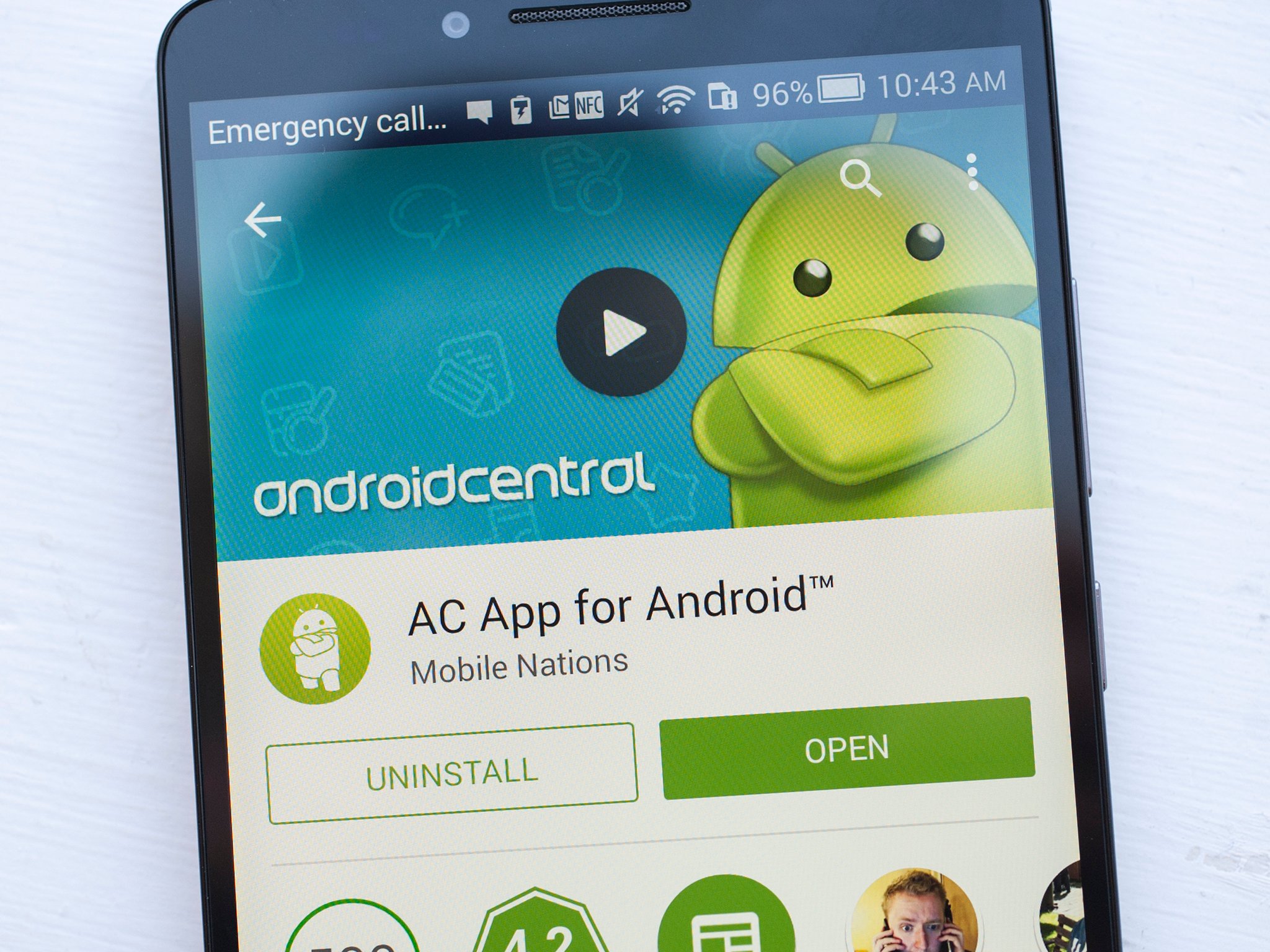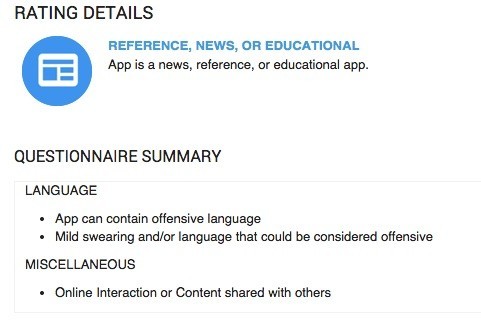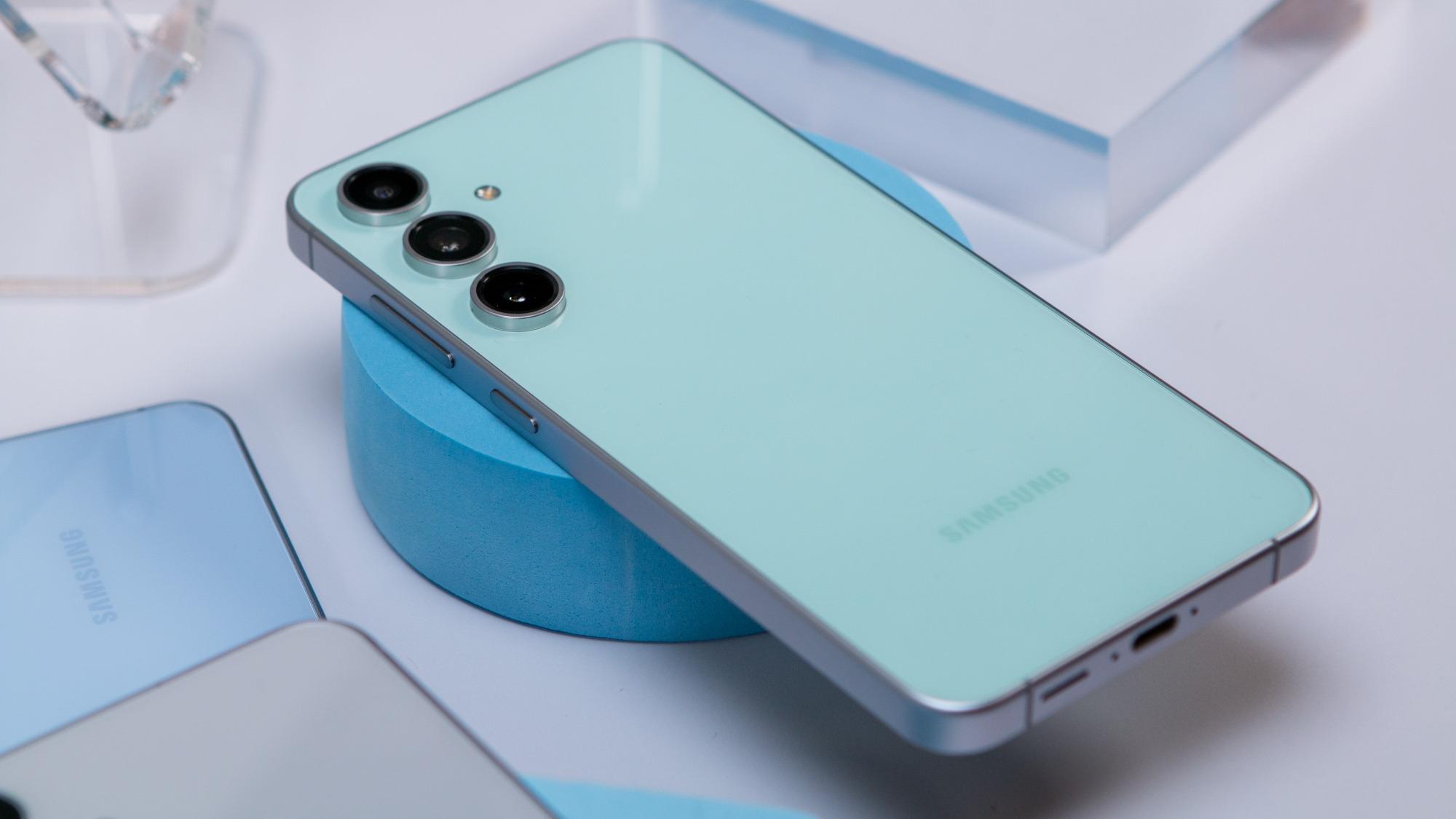Google Play no longer is the Wild West, and that's good for developers and users

There have been some pretty clear battle lines drawn within Android Central over the years, even if the two sides aren't readily apparent publicly. For some time I've advocated that Google need some sort of screening process for apps submitted to Google Play. There's just too much junk, too many ripoffs and too many ways for consumers to get burned by bad apps.
On the other side are those of us who believe that the entire Android ecosystem should be as open as possible, and that includes Google Play. Publish at will.
We're both right, in our own ways. But today, as Google's announced it's pre-screening new submissions as well as updates, the Google Play Store is no longer the Wild West. And that's in no uncertain terms good for users, and good for developers.
From Google's blog post announcing the changes:
Several months ago, we began reviewing apps before they are published on Google Play to better protect the community and improve the app catalog. This new process involves a team of experts who are responsible for identifying violations of our developer policies earlier in the app lifecycle. We value the rapid innovation and iteration that is unique to Google Play, and will continue to help developers get their products to market within a matter of hours after submission, rather than days or weeks. In fact, there has been no noticeable change for developers during the rollout.

The new content rating for the Android Central App. Occasionally we have a dirty mouth.
There are gray areas, to be sure, and often the arguments we have over this are more intellectual than practical. None of us wants to see, say, pro-Nazi apps in Google Play. But there's an argument to be made that if Android is truly "open" — and I still contend that word is simply twisted to mean whatever someone wants it to at the time — then you have to take the bad with the good. On the other hand, Google Play is Google's app store. It's not the Android Open Source Project's app store. Google's free to do whatever it wants with it.
Google's shift here is twofold. First, it's going to review apps before publishing them. That better protects the user — yes, even if we don't all need protecting from content or just poor quality — and it protects the developer by being proactive instead of merely swinging a sledgehammer later. But more than that is it's a major improvement in the communication between Google Play and the developers. If a new app is rejected, the developer will get a notice at the top of the Developer Console with more information. If an app update is rejected, the previous version will remain available until changes are made and a new app submitted — again, with a notice atop the developer console.
Be an expert in 5 minutes
Get the latest news from Android Central, your trusted companion in the world of Android
So long as Google sticks to its word here, a little pre-release screening is likely to be a good thing for us all.
That doesn't mean this will be perfect, and it doesn't mean I don't have concerns. Google doesn't exactly have the best track record when it comes to this sort of thing — the horror stories of the automated YouTube takedown process comes to mind, and you don't have so search far to find recent examples of vague app rejection notes. (I've yet to see these new notices in the Developer Console, and I hope I never have to.) But we've all heard and read the horror stories from developers whose published apps have been unceremoniously removed from Google Play for some reason that might not have been entirely clear, and communication with the Google Play keepers was, to put it mildly, lacking. Any change in communication has to be for the better at this point. Apps and videos are very different things, however, and my glass is very much half-full for now.
There's also the question of speed with these new reviews. Apple's app review process is notoriously, painfully slow. (That's pronounced "methodical.") So slow, in fact, that developers may be hesitant to submit an update for fear that introducing even a small bug will require another lengthy review process just to push out a fix. Google's made a point to say that it "will continue to help developers get their products to market within a matter of hours after submission." Faster is always better. But I'd wager (have have experienced) that a even a little extra time with Google's new screening is still far faster than any of the other app stores. (For what it's worth, Amazon's approval process the last time we went through it spanned several days, and Samsung's was a bit longer than that — but it also returned actual screenshots and even video of what it wanted fixed.) And, Google says in its blog post publicly announcing the changes, "there has been no noticeable change for developers during the rollout."
Chances are any griping about Google Play growing up a bit is going to be short-lived. Ultimately, earlier feedback for developers and better adherence to the Developer Distribution Agreement and Developer Content Policy should be a good thing.

